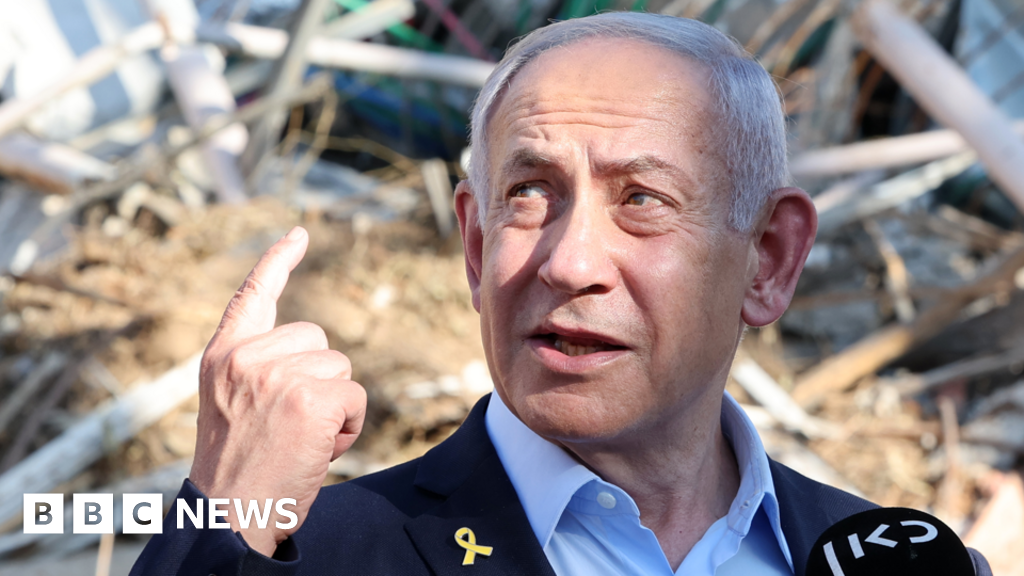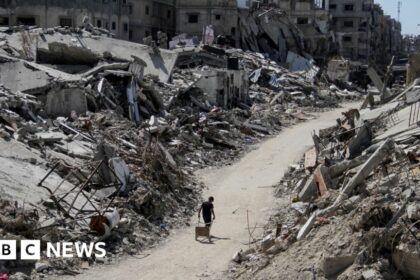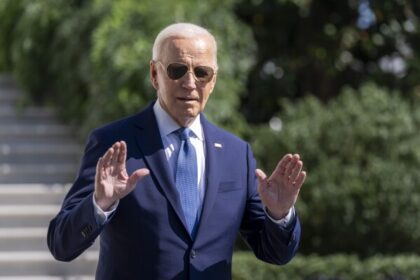**Netanyahu’s Gaza Gamble: A Recipe for Disaster**
In March, Israeli Prime Minister Benjamin Netanyahu made a decision that has left many commentators stunned. Despite a ceasefire agreement in Gaza brokered by Donald Trump’s envoy, which had led to the release of dozens of Hamas hostages, Netanyahu chose to continue the war. This move has been compared to “political self-destruction” and has put his own political survival above the safety of Israeli hostages and the greater good for the nation.
The ceasefire agreement, which was brokered before Trump’s second term even began, had shown promise in bringing a negotiated end to the conflict. However, Netanyahu’s decision to continue the war has led to widespread outrage among Israelis, particularly families of hostages who feel that their loved ones’ safety is being compromised for political gain.
**A Divided Nation**
The consequences of Netanyahu’s decision are clear. His popularity in the polls has plummeted, and he is struggling with a disjointed and hardline government. Despite his boasts about achieving victories over Iran, recent polls suggest that his Likud Party will fall short of a majority in the divided Knesset, where coalition building is crucial.
Moreover, a majority of Israelis (59%) want the fighting to stop in Gaza now in exchange for the hostages. Nearly half of those surveyed (49%) believe that Netanyahu’s only motivation for continuing the war is his own political reasons. This lack of trust in Netanyahu’s leadership has been highlighted by Professor Tamar Hermann, a Senior Research Fellow at the Israel Democracy Institute.
**A Web of Scandals**
Netanyahu’s woes don’t stop there. He faces corruption charges next week, including bribery, fraud, and extortion. His attempts to delay the hearings have been rejected by the High Court, which has also issued warrants against him and former Defence Minister Yoav Gallant for alleged war crimes and crimes against humanity in Gaza.
The International Criminal Court’s move has further damaged Israel’s international standing and economic prospects. Many Israelis believe that Netanyahu’s prolongation of the Gaza war is unnecessary and has caused harm to the country’s reputation.
**A Leader Without a Mandate**
As Netanyahu contemplates calling early elections, many commentators agree that it is difficult to imagine Israel holding new elections while the war in Gaza continues, and Israeli hostages are still held captive. His critics have written him off prematurely over the years, but they have learned to never second-guess his next move.
In this complex web of scandals and controversies, Netanyahu’s popularity has taken a hit. His attempts to cling on to power may ultimately prove to be his downfall. As Professor Hermann notes, “trust” is a major problem for Netanyahu. Most Israelis no longer believe a political leader who has changed spots so many times in order to cling on to the reins.
Read More @ www.bbc.com












